Young teens today have a very complex relationship with technology. They have to use it in and out of school to do research and make grades and also to organize their social lives.
They use their phones to keep in touch with peers and relieve stress through games, social media, and other apps. And of course watch TikTok videos… so much TikTok!
But this begs the question, at what point does reliance on and use of mobile devices turn into addiction?
The Stats on Teen Social Media Addiction
Well, as it turns out, 50% of teens feel addicted to mobile devices. This is according to a 2016 Common Sense Media Report, which also says that 59% of parents believe their teens are phone addicts.
On average, teens have their faces buried in their screens for about 7 hours daily.

What are they doing with those hours? Usually it’s bouncing from Instagram to TikTok to Snapchat and back again.
So what qualifies a person as a social media addict when it seems like every teen in the world has a mobile device glued to their hands constantly?
Here are some signs:
- Frequent and constant checking of phone (feeling a strong need to check your phone every few minutes).
- Use of cell phones in potentially dangerous situations like when driving or in class.
- Excessive use of devices that it’s causing conflict within the family. For example, when the teen cannot stop scrolling and chatting during family meal times.
- Withdrawing from family and social events in favor of social media interaction.
- Insomnia related to overuse of mobile devices.
- Increased anxiety, irritability, and even aggression if unable to access the cell phone.
- Drop in grades due to reduced study time.
- Sudden onset of anxiety, depression, and body issues.
As a parent, you must be really vigilant and observant to notice some of these behaviors. For example, it can be especially hard to realize your teen is suffering from anxiety or body issues when they are constantly hiding in their room.
Impacts of Teen Smartphone Addiction
Granted, technology and mobile devices have their advantages, and we can no longer live without them. However, overuse of these devices is associated with a myriad of physical and mental issues, especially in teenagers.
The ages between 9 and 18 are critical to a child’s brain development because hormones are busy at work. New pathways and reward systems are being formed every single day. A teen’s brain is therefore more vulnerable to things that can cause addiction than adults, including video games, gambling, pornography, social media and the rest.
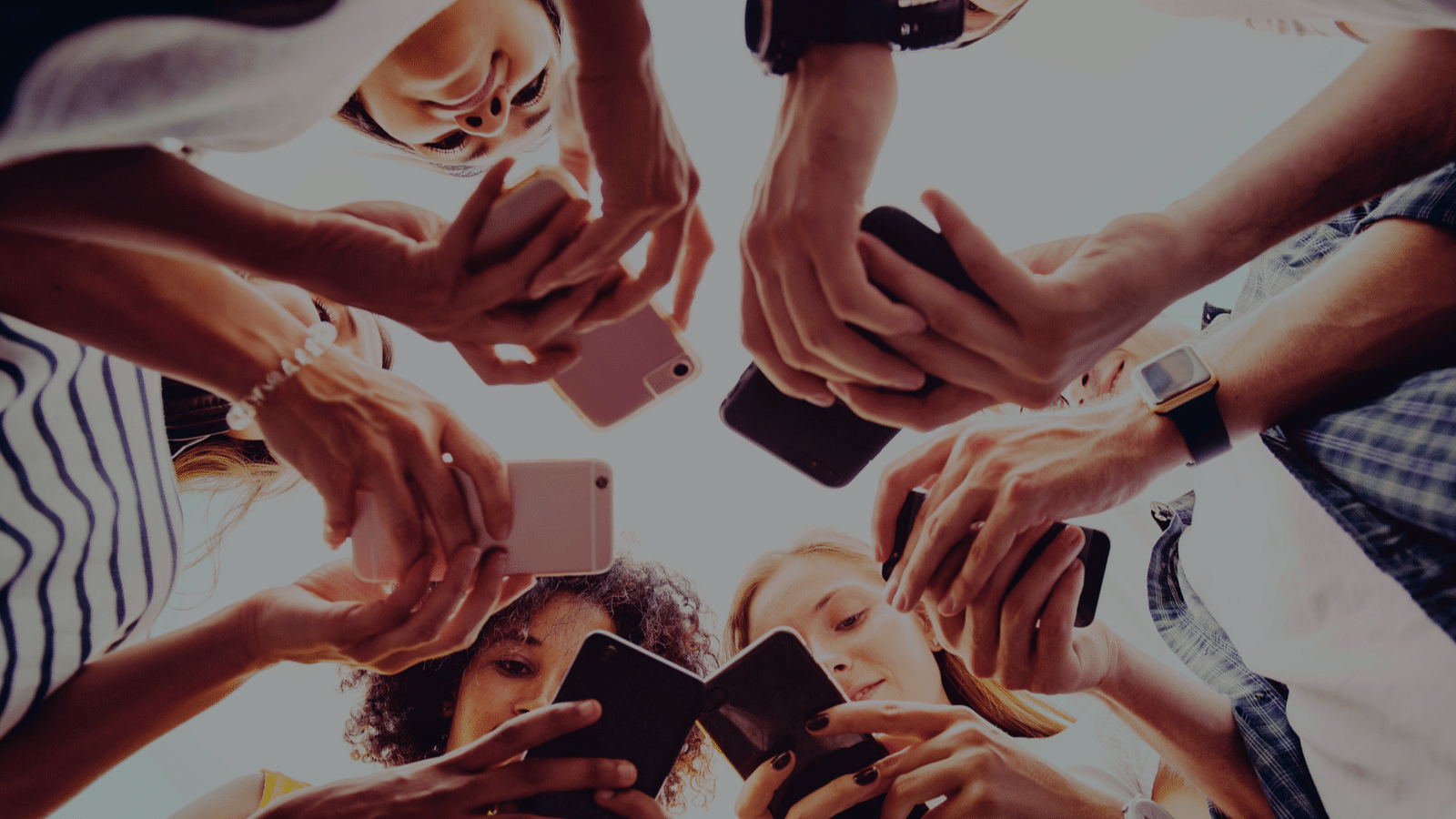
Studies show that social media likes and comments release the same type of dopamine cocaine and heroin release in the brain. It is a feel-good reward hormone that leaves you craving more and more of that shot, and before you know it, you are addicted. This is why teens go crazy when you take their cell phone away.
And while the dopamine shot feels good the moment you see those likes, the opposite happens when you don’t get the reception you were expecting. Teens who are addicted to their devices are more prone to depression and anxiety, owing to the ups and downs of technology use. Some days people will like your post and leave comments, and others won’t.
Overuse of cell phones, especially social media, makes kids compare themselves and their lives to other people. This leaves them feeling inadequate, poor, ugly, and all sorts of things that add to anxiety and depression. And since they spend so much time on their phones instead of with real people, loneliness starts kicking in unknowingly.
There’s also the physical aspect where teens who are phone addicts sleep fewer hours, throwing their hormones off and lowering their immunity. And don’t get me started on the risk of cyberbullying, human trafficking, and hacking.
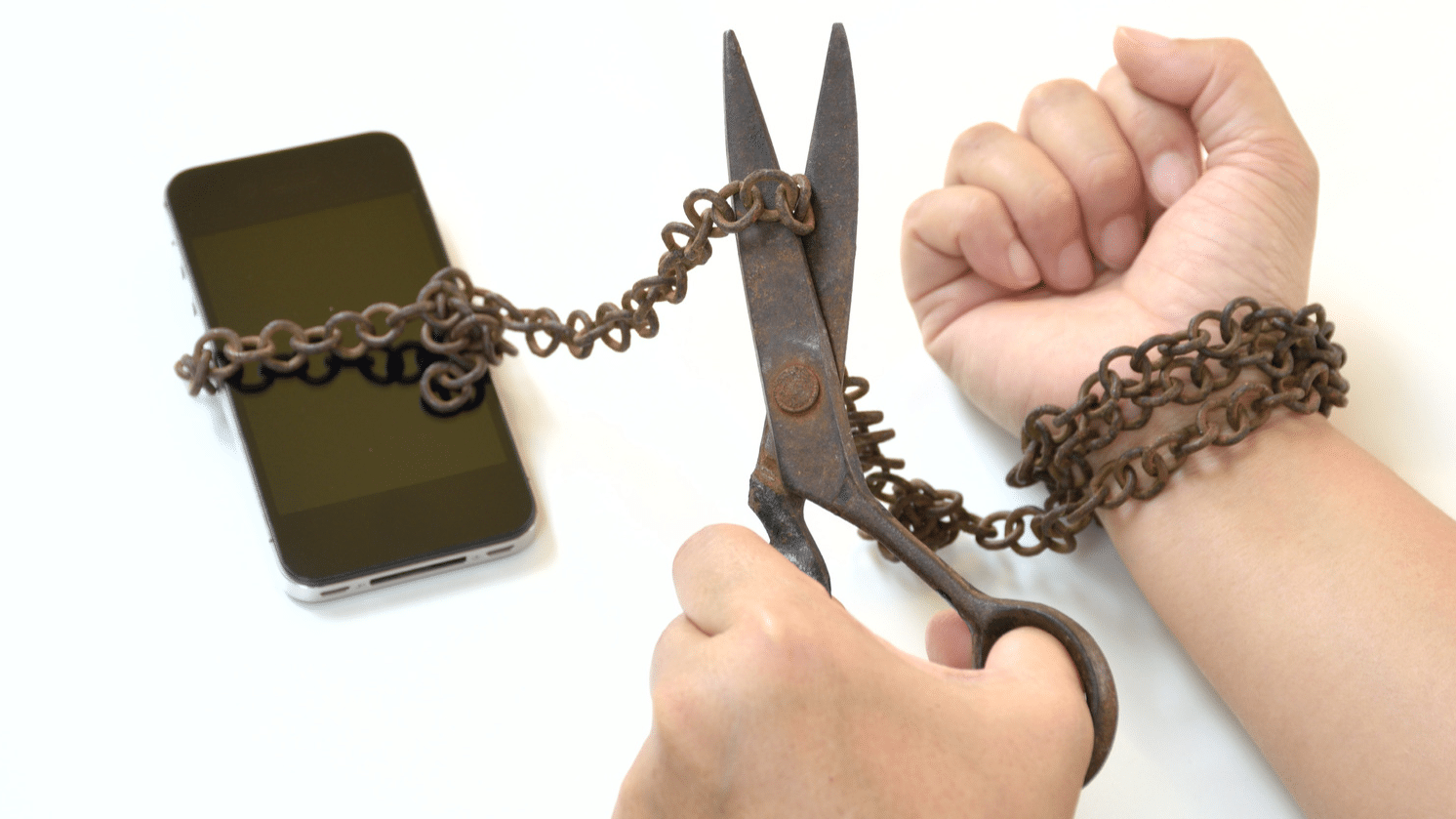
Help Your Teen Overcome Social Media Addiction
Limiting phone usage is one of the most effective ways of ensuring that your child doesn’t get too addicted to social media. However, you need to be smart about how you do this. By putting really strict limitations on your children, this can often lead to infuriation and them wanting to rebel, so it is really important to find a healthy balance.
If your child always has the latest technology, this will also encourage them to use social media more often, so don’t feel pressured into buying them new phones all of the time.
Setting Rules Together
As the founder of Mommy Blog Expert says, parents must set the rules and boundaries of cell phone use when the child gets their first smartphone. This should take the shape of an open conversation where you sit down and let everyone contribute what they think the pitfalls of cell phone overuse are and then set the rules together.
In my house, for example, everyone agreed that using phones during dinner is rude, and that became the first rule. You can also have a check-in policy where all phones are placed at a specific place before bedtime. We also have a rule that all of us must get out for a physical activity once a day, even if that means sitting down on the patio for some sun without our devices.
The kids helped set the rules and the consequences of breaking those rules, and since they were involved in the decision-making, they are more likely to obey and keep each other in check.
Leading by Example
The most important thing is to lead from the front. Studies show that adults are just as addicted to phones as teenagers, especially those who rely on digital devices for work.
Set rules for yourself to keep that cell phone away when you get home so you can be fully present with your kids. This demonstrates to them that they are more important than your work or friends and are likely to pay back the favor.
And since it’s hard for most of us to ignore those sounds coming from the phone, I recommend switching it off or leaving it in the bedroom.
Monitoring Usage
Thankfully, modern phones come with monitoring apps such as the iPhone’s Screen Time setting, which shows how much time is spent on different apps. Connect your device to your teens so you can see first-hand their internet activities and make informed decisions.
If you want to go a step further, there are other monitoring apps on the market.
Some Final Thoughts
Teen addiction to smartphones is a very real thing with potentially dire consequences. Most don’t want to be missing out on what is happening online, and in time they will find it harder to focus on real-life tasks. It is essential for both their school and social lives that they know the importance of concentration.
I recommend playing offense to prevent addiction instead of waiting until it’s too late.


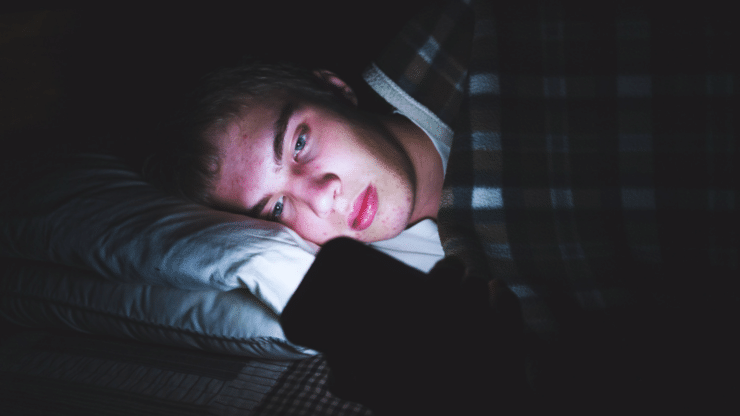


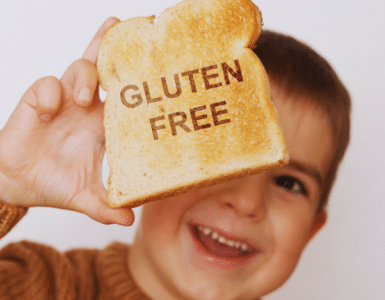

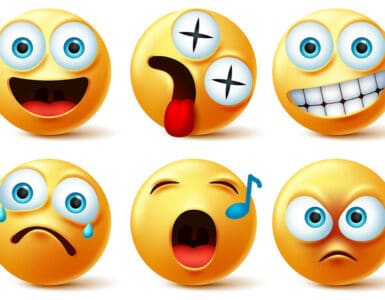

Add comment